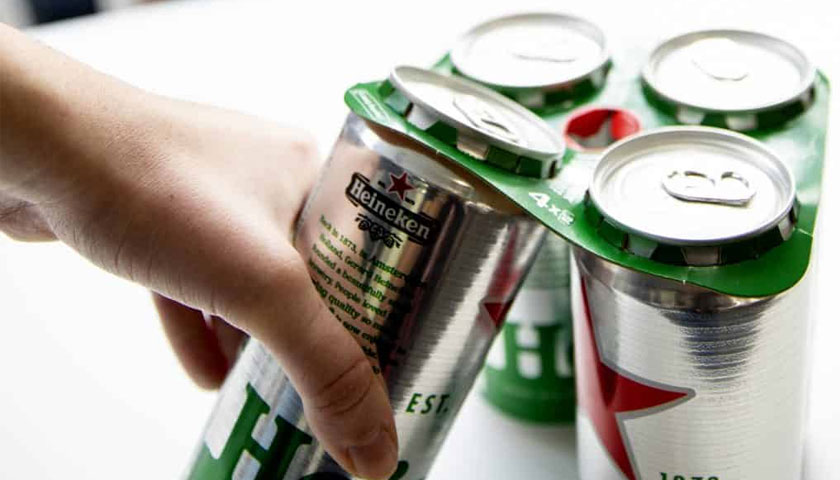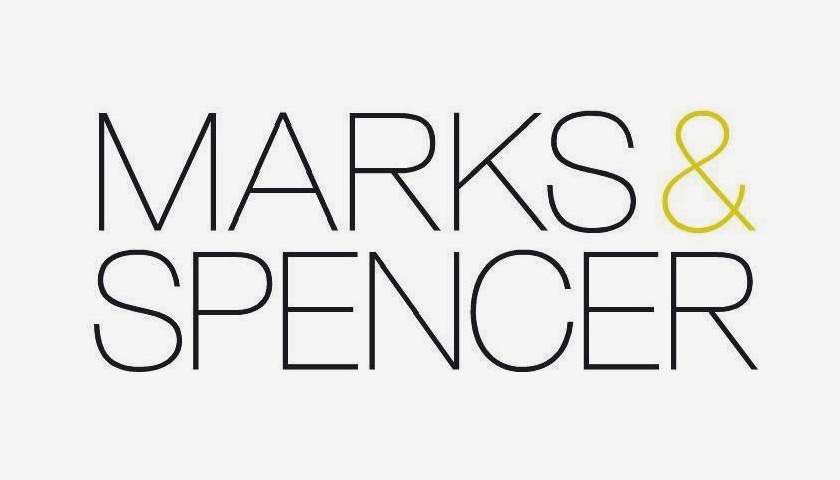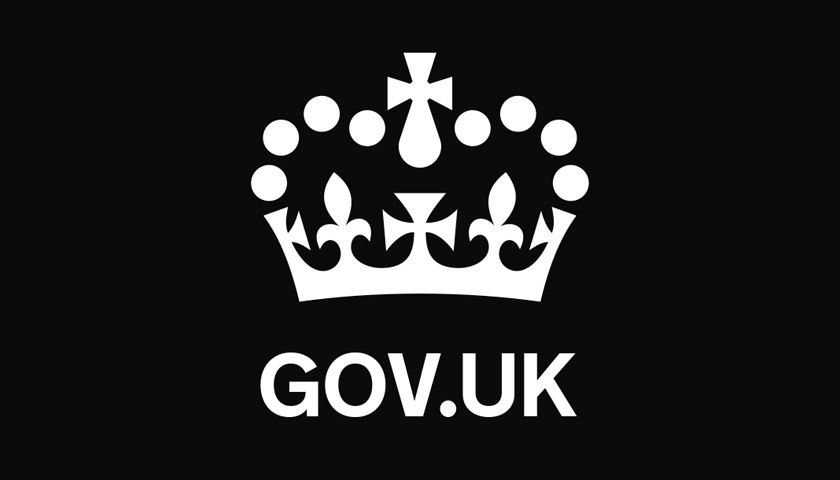HEINEKEN UK is eliminating plastic rings and shrink wrapping from its entire portfolio of beer and cider multi-pack cans, removing 517 tonnes of plastic annually from the supply chain – the equivalent of 94 million plastic bags a year.
Part of a £22 million investment, HEINEKEN has today announced a scalable innovation to replace plastic rings – a 100% plastic-free topper for multi-packs that uses sustainably sourced cardboard.
The new packaging was designed to not only remove plastic but to minimise the use of materials and reduce waste. The cardboard topper is 100% recyclable and compostable and importantly for shoppers, is robust and easy to grip.
This innovation will be rolled out across Heineken®, Foster’s and Kronenbourg 1664 multi-pack cans and made available in UK retailers from April 2020. This will be followed by all HEINEKEN brands in multi-pack cans, including Strongbow, Bulmer’s and John Smith’s by the end of 2021.
Cindy Tervoort, UK Marketing Director, HEINEKEN, said: “The effect of single-use plastic is having on our planet can’t be ignored. Creating an eco-friendly solution that eliminates plastic while still meeting the demands of our beer and cider drinkers has been a big focus in our business. Now, after years in development and huge investment, we’re extremely pleased to announce our recyclable and compostable topper innovation, a significant milestone in our journey to eliminate all single-use plastic.”
The £22 million investment will be split between HEINEKEN’s Manchester, Tadcaster and Hereford sites, with the technology piloted at the Manchester brewery before the end of the year. The company already sells over half of its beers and ciders on draught in pubs around the country through refillable kegs that can be used for up to 30 years.
The pledge to eliminate plastic rings from the UK is the latest commitment in HEINEKEN’s ambitious ‘Brewing a Better World’ strategy which challenges the company to innovate in a sustainable way. During the past three years, HEINEKEN UK has employed several creative approaches to delivering this goal, including ‘light-weighting’ glass bottles and aluminium cans, trialling deposit return schemes at festivals to encourage recycling and decreasing CO2 by 68% since 2008 through investments in new technology.



